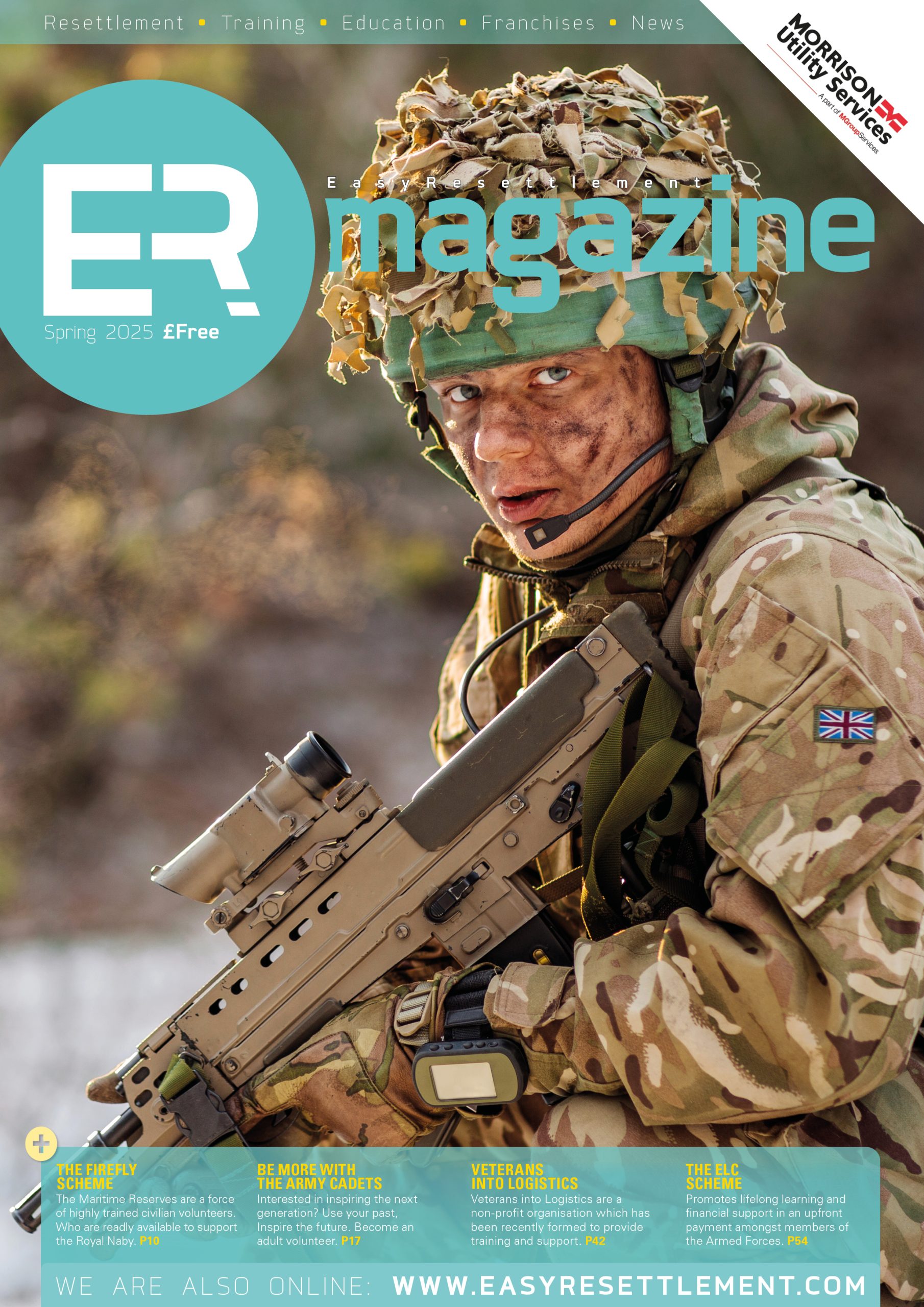Dean’s story, from Combat Stress to Fitness Instructor
Today, Dean is a qualified fitness instructor, but there was a time when the prospect of a career seemed remote.
Diagnosed with post-traumatic stress disorder (PTSD), Dean was being treated by Combat Stress, the UK’s leading charity for veterans’ mental health, when he came to realise how good exercise made him feel.
From Combat Stress to fitness instructor
Dean took part in British Military Fitness (BMF) classes at one of Combat Stress’ treatment centres. He noticed how good exercise made him feel and was determined to keep it up. He’s now a qualified PT and BMF instructor.
“I joined the Army when I came to a crossroads in my life at 24.
“Just months after I came out of training I was deployed to Afghanistan. During a firefight with the Taliban one of our sections got hit badly and we lost three guys from our platoon.
“I was so affected by what happened that I couldn’t function, even after the tour. So in 2008 I left the Army.
“I struggled adapting to civilian life. I lived turbulently, gambled and neglected my family.
“I started having nightmares, so I never got a proper night’s sleep.
“One day, it all became too much. I walked aimlessly for 40 miles until I reached a bridge. I was ready to jump, but then I thought about my family.”
Dean was picked up by the police and taken to hospital. After some time in hospital Dean’s local mental health team referred him to Combat Stress.
“I was diagnosed with post-traumatic stress disorder – PTSD – and in 2018 I did the six-week PTSD Intensive Treatment Programme (ITP).
“Talking about everything had such an impact on me – I’m more open about my feelings now. And the support from the other guys doing the ITP was amazing; being with other veterans who understood helped me have a different perspective.
“I took part in British Military Fitness (BMF) classes at the treatment centre. I noticed how good exercise made me feel, and was determined to keep it up.
“Things are going well for me at the moment. I still have my ups and downs, but I feel like I can cope.
“Now my life is about spending as much time with my family as I can. I still use what I learnt in occupational therapy to keep a good balance of everything and I still meet up with the guys from ITP: they’re part of my journey now.
“Since I got in contact with Combat Stress, I haven’t looked back.”
From marathons to corporate partnership: how to support Combat Stress
There are many ways to help Combat Stress transform the lives of veterans who have gone to them for help. Here are some ideas:
Your single or regular donation (which can be set up by direct debit) can make a real difference to the veterans Combat Stress helps.
If you’re a business, you could choose Combat Stress as your charity of the year – a chance for employees to support veterans with events, activities and challenges. A dedicated account manager from Combat Stress will work with you to create tailored fundraising initiatives to engage your employees and discuss other ways of partnering to find the best solution for your company.
If you’re part of, or have links to a trust, foundation, livery company or other grant-making body, the charity can work with you to identify a specific project or discuss how you can support their services in a particular region.
You might choose to leave a gift in your Will. It’s simple to do and will make a real difference for years to come.
If you’d like to champion a specific project or make a multi-year pledge of £5,000 or more a year, the charity will acknowledge you as a major gift benefactor.
There are many ways to support Combat Stress in tribute to a loved, such as asking for donations instead of flowers. Leaving a gift in your will to the charity can help also support its work in years to come.
If you’re up for a challenge, then you could make your next run, cycle, trek or other challenge event count towards providing the life-changing treatment to help former servicemen and rebuild their lives.
Why Combat Stress needs support
The charity’s need for funding is even more crucial today as greater numbers of younger veterans come forward for help much sooner than in the past.
On average, it takes 13 years after leaving the military for a veteran to ask for Combat Stress for help, but demand from those who served in Iraq and Afghanistan continues to increase and this group is seeking help much sooner (six and four years respectively).
Last year, the Combat Stress Helpline received more than 12,000 calls – 60 per cent of these were from first-time callers – and demand for services was at an all-time high, with over 2,000 new veteran referrals; 3,416 veterans were directly helped and almost 600 veterans benefited from the peer support service.
More than 80 per cent of the veterans supported by Combat Stress tried to get help for their mental health from the NHS and MoD before contacting the charity.
King’s College London research highlights that the rate of PTSD is nearly twice as high among veterans than among the general public. For those who served in Iraq and Afghanistan, the rate of PTSD is even higher, with 17 per cent predicted to develop PTSD.
With this increasing demand, and changes to the funding they received in past years, Combat Stress has launched The At Ease Appeal to raise an extra £10m over three years to help fund its world-renowned treatment.

